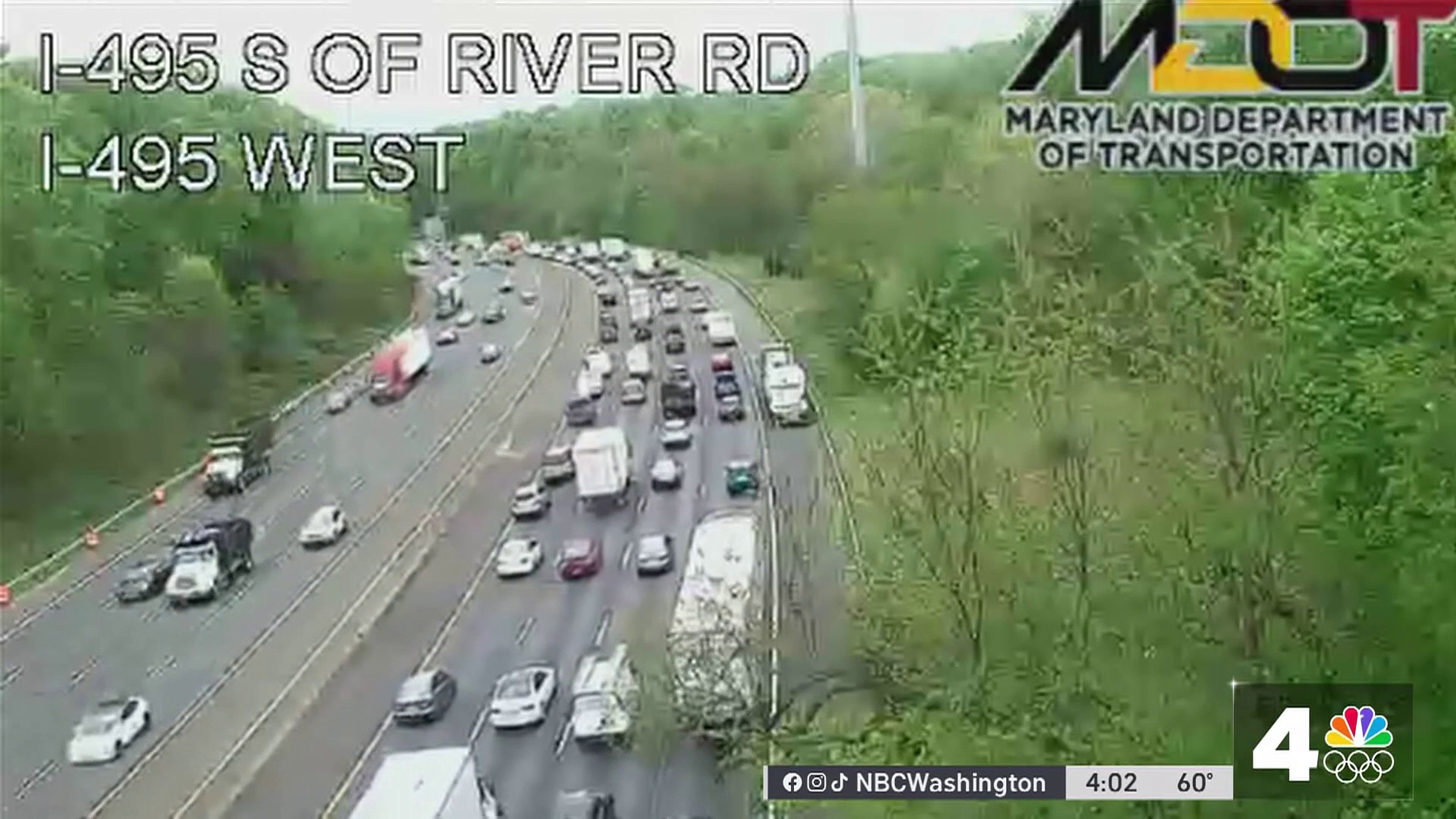What to Know
- One person at a Northwest D.C. retirement community was diagnosed with Legionnaires' disease
- Legionnaires' disease is a type of pneumonia that can be spread through a building's water system
- DC Water says the Washington, D.C., water supply is safe
A resident of a Northwest D.C. retirement community has been diagnosed with Legionnaires' disease, prompting concern that other residents could be at risk of contracting a dangerous, pneumonia-causing bacteria that can spread through a building’s plumbing.
Residents of three buildings in the Ingleside at Rock Creek senior community on Military Road were instructed to take precautions. The condition of the person diagnosed is unclear.
The D.C. Department of Health is working with the Centers for Disease Control (CDC) and DC Water to investigate the source of the disease. A representative for DC Water said the city water supply is safe, and that the utility is testing water samples from the retirement community.
It will be eight to 10 days before the test results come back, according to a letter dated Wednesday from Ingleside at Rock Creek Executive Director Frank Beech. Building management said they were providing bottled water and other supplies until residents know whether the water is safe.
Legionnaires' disease is a type of pneumonia caused by a bacteria that can thrive in buildings with complex water systems like hotels and long-term care facilities, according to the CDC. Symptoms include a cough, shortness of breath, fever, muscle aches and headaches.
Most healthy people will not become infected after exposure. Older people are at particular risk, though, and the disease kills 1 in 10 patients infected. The CDC says you can become infected with the bacteria by inhaling water droplets.
Local
Washington, D.C., Maryland and Virginia local news, events and information
Residents were instructed to restrict water usage and refrain from drinking tap water, boiling it, showering or using machines that produce mist until filters are installed.



